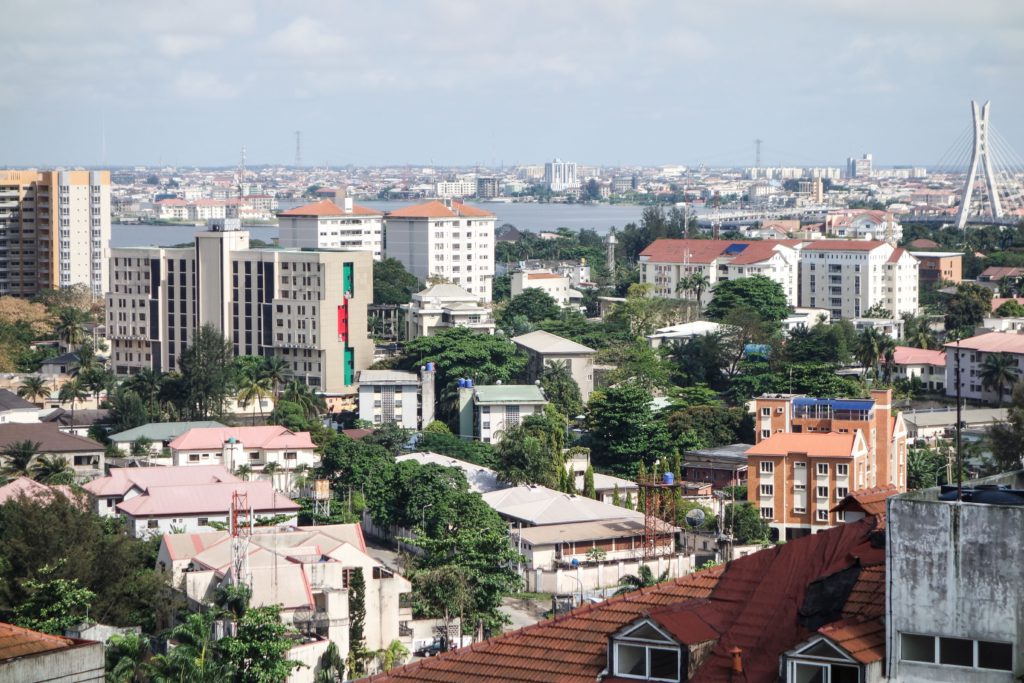Real estate is one of the oldest and most profitable investment sectors in the world. It has practically existed since the inception of man, as people have always seen the importance of a property. In 2020 the global real estate investment market is worth about $9.6 trillion (from 2019), growing by almost $1 trillion in 2018. To make the market easier, and quality property more available, there are real estate developer loans that investors can obtain.

What are real estate developer loans?
In the case of Nigeria, these are loans available to any real estate company in Nigeria. It comes into play when a property developer spots a piece of land with significant potential but is short of funds to acquire it. In such a situation, the developer can simply obtain a loan to acquire and develop the property. Although property developers find it easy to obtain loans, it is often difficult for early developers. In reality, this is because they do not have a track record of successful development to earn the trust of loan givers.
What are the conditions for obtaining a real estate developer loan in Nigeria?
The governmental parastatal in charge of this loan is the Mass Housing Scheme (MHS), which is in partnership with the Federal Mortgage Bank of Nigeria. Furthermore, the loan works like a double lease system, where the developer obtains lands and titles from the government and provides the necessary infrastructure. They then lease sub-lease this property to the ultimate beneficiaries (citizens).
Eligibility requirement for real estate developer loans in Nigeria
According to the official release, a developer must certify certain criteria. For a developer to qualify for any real estate loans, the developer must meet the following minimum requirements:
- The loan is for residential housing estate development only, at an interest rate of 10% per annum. Also, it has a maximum tenor of 24 months subject to revision.
- The Bank finances Infrastructural facilities (up to 70% for private developers only), while Housing Corporations and government-owned development projects are to provide 100% infrastructure. Furthermore, the developer is expected to submit a financial plan and budget for the provision of infrastructure in the housing estate.
- The proposed estate must have a good title that can be sub-leased to individual allottees/purchasers of the housing units
- Housing units under the proposed project must fall within the target price of not more than N5.0 million. This is so that they can be affordable to NHF contributors/buyers within the range of low-to medium-income earners. Also, these units shall be in line with the type plans specified by FMBN. In addition, the developer must finance units falling outside the target type plans.
- There must have been a firm commitment from buyers/allottees of the housing units. Therefore, for this purpose, a named accredited Primary Mortgage Institution is to be identified in order to facilitate the introduction of the project to prospective buyers/allottees who must be contributors to the National Housing Fund (NHF). Also, the associated PMI must confirm the relationship and forward a marketing plan for the disposal of the housing units.
- You must provide a financial projection to suit the proposed financial arrangement on the project. In addition, the projection must include the developer’s equity participation in the project at the present rate of 10% p.a.
- The Security for the Loan is an acceptable Bank guarantee.
What documents are to be submitted to the bank?
- Certificate of incorporation.
- Photocopy of Articles of Memorandum of Association of the company (estate developer) with certified true copies of Forms CO2 and C07 attached.
- Evidence of registration with the National Housing Fund as an employer and up-to-date remittance of employees’ contributions to the Fund.
- Payment of a non-refundable application fee of N20,000.00 (Twenty thousand naira only) for applications for amounts below N50 million and a multiple of N20,000.00 on every further N50 million.
- Evidence of the membership of the Real Estate Development Association of Nigeria (REDAN) and financial contributions.
- A viable facility management for the proposed Estate and Programme for its sustainability.
- Any other relevant information that may facilitate quick consideration of the loan.
What documents are required to obtain real estate developer loans?
You would need to submit the following documents to obtain a real estate developer loan:
- List of Board of Directors (Names, Position and Profession in Table form)
- Technical Team if different from management staff.
- List of Shareholding Profile of the Board of Directors and Others.
- Audited Annual Accounts with the signature, seal and certification stamp of the Auditors, for the previous three (3) years.
- List of Management Staff including rank, designation, profession, qualification and years of experience.
- Photocopy of registered title document on the land for the proposed project
- List of Projects Executed by the developer indicating Location, Name of Estate, House Type, number of housing units and cost.
- Photocopy of Tax Clearance Certificate of the organization for recent three years.
- Approved building and layout plans.
- Resolution of the Executive Council as well as a motion of the State House of Assembly approving the application for a loan from FMB for State Housing Agency.
- The Company’s Board Resolution to borrow, signed by the chairman and company’s Secretary.
- The paid up share capital of the company shall not be less than a quarter of the loan amount applied for.
- Valuation Report signed by a registered Valuer on the proposed project.
- Priced Bill of Quantities (BOQ), signed by a registered Quantity Surveyor, giving detailed cost estimate on the various housing types/units.
- Feasibility and Viability Development Report.
- Cash Flow Projection stating the current interest rate of 10% for the loan as well as proposed periodic repayment.
- Project Work Program/Plan.
- Detailed/Budgeted Cost and source of fund for the Estate Infrastructure and Amenity facilities.
- Letter of marketing commitment from a Primary Mortgage Institution (PMI). This institution would be responsible for the disposal of the houses to the NHF contributions/allottees.
Conclusion
As long as you are a registered property developer, you can always access real estate developer loans to help finance your investments. Also, note that all applications go to the federal mortgage bank of Nigeria or any other licensed institution it puts in charge.







